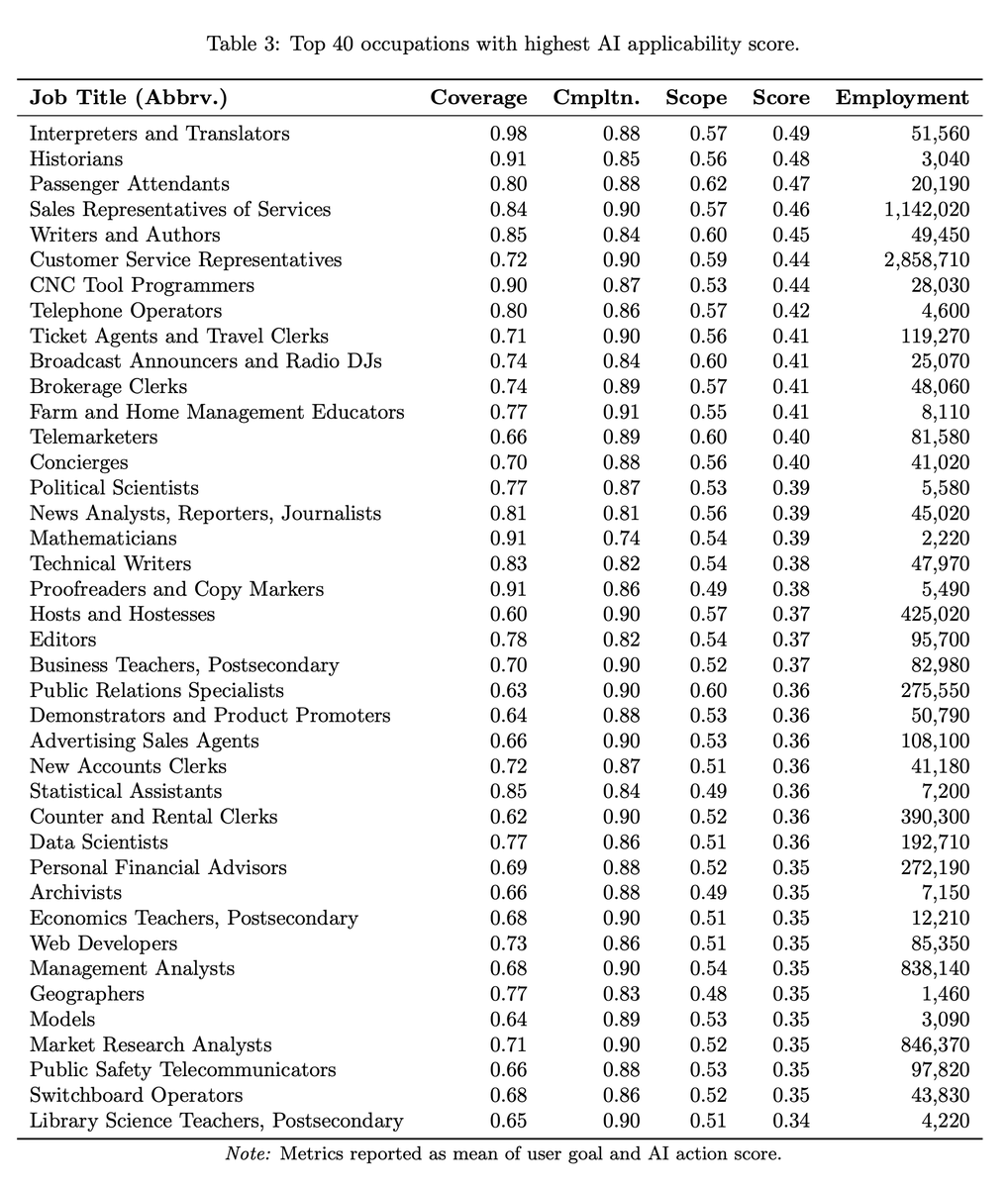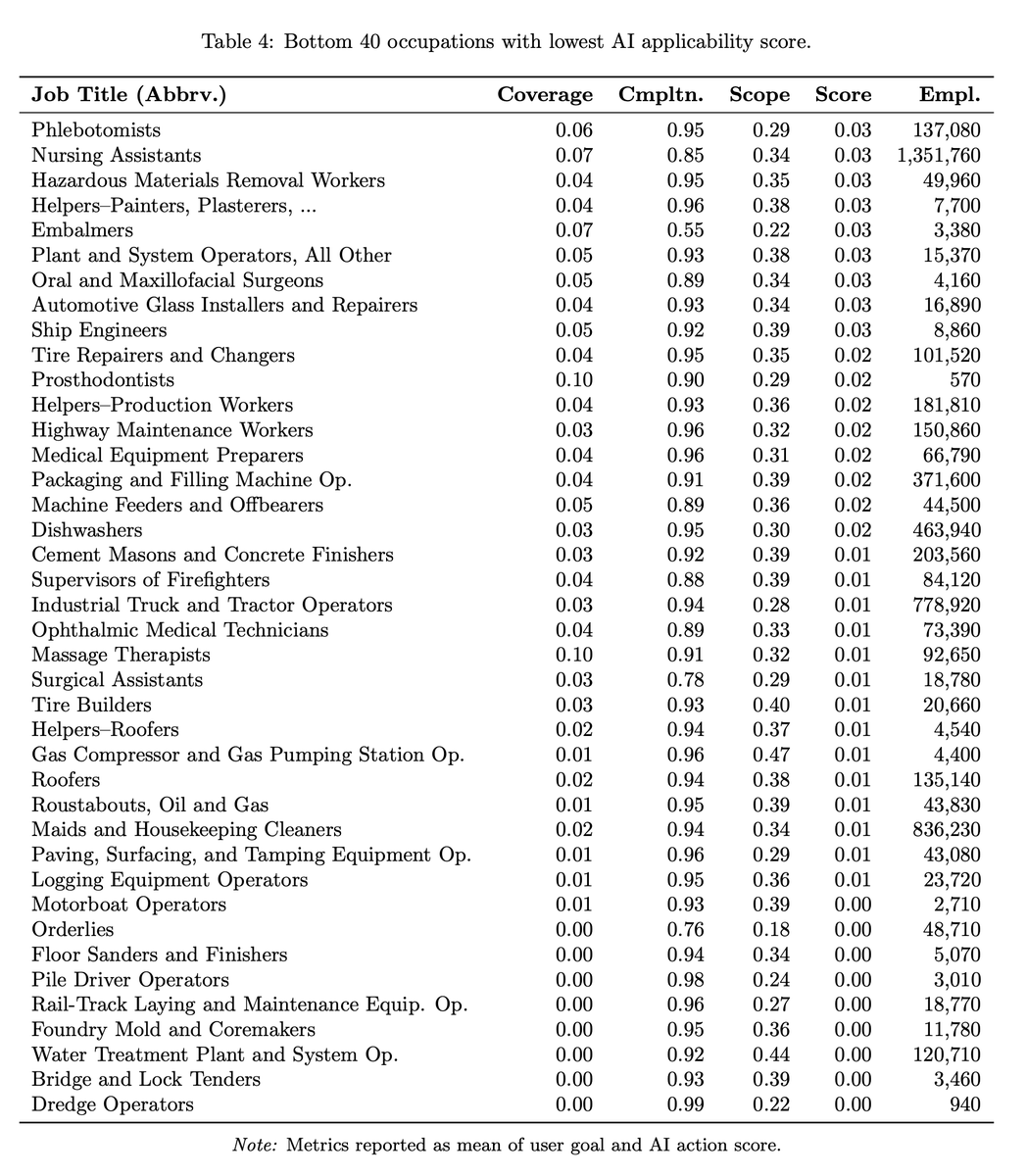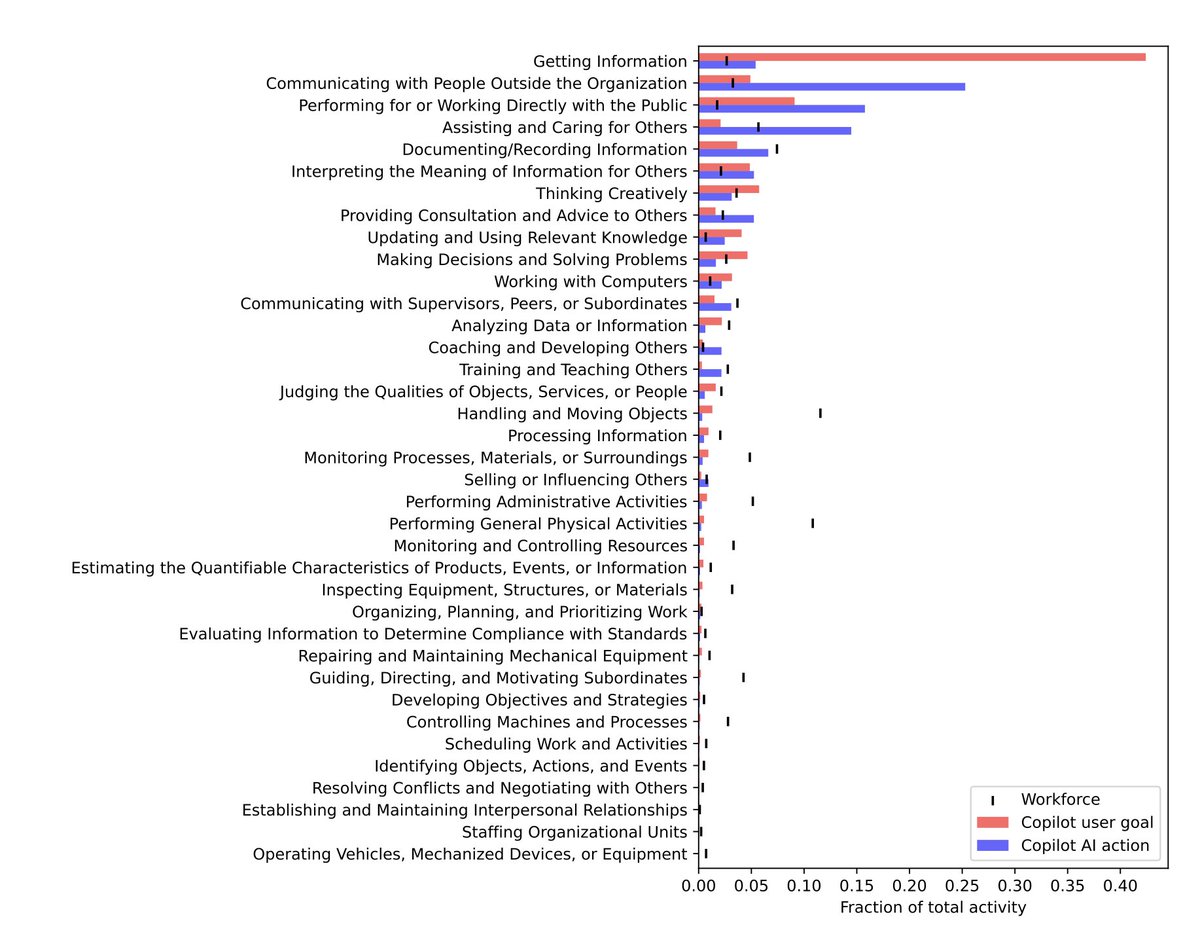After self-hosting my email for twenty-three years I have thrown in the towel 😩
Email is now an oligopoly, a service gatekept by a few big companies which does not follow the principles of net neutrality.
Email is now an oligopoly, a service gatekept by a few big companies which does not follow the principles of net neutrality.
I have seen this slow decline in real time. Nevertheless, I have been fighting back out of pure spite, obstinacy, and activism.
Because it was the right thing to do.
Because it was the right thing to do.
But my emails are just not delivered anymore. I might as well not have an email server.
So, starting today, the MX records of my personal domain no longer point to the IP of my personal server. They now point to one of the Big Email Providers.
I lost. We lost.
So, starting today, the MX records of my personal domain no longer point to the IP of my personal server. They now point to one of the Big Email Providers.
I lost. We lost.
1️⃣ This is a huge, invisible problem
Google has half a billion results for "my email goes directly to spam".
What's the usual answer from experienced sysadmins? "Stop self-hosting your email and pay [provider]."
Google has half a billion results for "my email goes directly to spam".
What's the usual answer from experienced sysadmins? "Stop self-hosting your email and pay [provider]."
You can no longer set up postfix to manage transactional emails for your business. The emails just go to spam or disappear.
It doesn't matter who you are: a doctor, a bank, an e-commerce, a university, an individual. Your email server doesn't reach their recipients.
It doesn't matter who you are: a doctor, a bank, an e-commerce, a university, an individual. Your email server doesn't reach their recipients.
2️⃣ Why does this happen?
Email servers run algorithms so most spam doesn't appear on your inbox.
Unfortunately, the computing power required to filter millions of emails per minute is huge.
Email servers run algorithms so most spam doesn't appear on your inbox.
Unfortunately, the computing power required to filter millions of emails per minute is huge.
The email industry has chosen a shortcut to reduce that cost: deleting it as it is received.
This is called blackholing or hellbanning.
Big email servers permanently blacklist whole IP blocks and delete their emails without processing or without notice.
This is called blackholing or hellbanning.
Big email servers permanently blacklist whole IP blocks and delete their emails without processing or without notice.
3️⃣ What are we left with?
• You cannot set up a home email server.
• You cannot set it up on a VPS.
• You cannot set it up on your own datacenter.
• You cannot set up a home email server.
• You cannot set it up on a VPS.
• You cannot set it up on your own datacenter.
• At some point your IP range is bound to be banned, either by one asshole IP neighbor sending spam, one of your users being pwned, due to arbitrary reasons, by mistake, it doesn't matter.
It's not "if", it's "when".
Say goodbye to your email. Game over. No recourse.
It's not "if", it's "when".
Say goodbye to your email. Game over. No recourse.
✉️ The era of distributed, independent email servers is over
4️⃣ This has an anti-competitive impact
Hellbanning everybody except for other big email providers is lazy, dishonest... and convenient.
It uses spam as a scapegoat to nerf deliverability and stifle competition.
Hellbanning everybody except for other big email providers is lazy, dishonest... and convenient.
It uses spam as a scapegoat to nerf deliverability and stifle competition.
Nowadays, if you want to build services on top of email, you have to pay an email sending API which has been blessed by others in the industry. One of "them".
This concept may sound familiar to you. It's called a racket.
This concept may sound familiar to you. It's called a racket.
It's only a matter of time that regulators realize that email is a for-profit oligopoly. And we should avoid that.
The industry must self-establish clear rules which are harsh on spammers but give everybody a fair chance.
The industry must self-establish clear rules which are harsh on spammers but give everybody a fair chance.
5️⃣ The email industry must lead its regeneration
We already have the technology in place but the industry has no incentives to move in this direction.
Nobody is making a great fuss when small servers are being discriminated against, so they don't care.
We already have the technology in place but the industry has no incentives to move in this direction.
Nobody is making a great fuss when small servers are being discriminated against, so they don't care.
I'm not asking for a revolution. Please hear my simple proposal out:
1. Let's keep antispam filters, of course.
2. Change blacklisting protocols so they are not permanent and use an exponential cooldown penalty.
3. Blacklists should not cover whole IP blocks.
1. Let's keep antispam filters, of course.
2. Change blacklisting protocols so they are not permanent and use an exponential cooldown penalty.
3. Blacklists should not cover whole IP blocks.
4. Stop blackholing and send a daily notification to postmaster alerting them of deliverability issues.
5. Provide a recourse for legitimate servers, even if it has an associated cost.
5. Provide a recourse for legitimate servers, even if it has an associated cost.
6️⃣ We cannot leave this to the politicians
Big Tech companies are under serious scrutiny and being asked to provide interoperability between closed silos such as instant messaging and social networks.
Big Tech companies are under serious scrutiny and being asked to provide interoperability between closed silos such as instant messaging and social networks.
Well, email usage is fifteen points above social networking.
Talk about missing the forest for the trees!
I guess nobody noticed the irony of regulating things that matter *less* than email. 🤷
Talk about missing the forest for the trees!
I guess nobody noticed the irony of regulating things that matter *less* than email. 🤷
Right now institutions don't talk about regulating email simply because they take it for granted, but it's not.
We only need one politician's emails not delivered due to poorly implemented or arbitrary hellbans and this will be a hot button issue.
We only need one politician's emails not delivered due to poorly implemented or arbitrary hellbans and this will be a hot button issue.
We are all experiencing what happened when politicians regulated the web. I hope you are enjoying your cookie modals; browsing the web in 2022 is an absolute hell. 🍪
The industry should fix email interoperability before politicians do. We will all win.
The industry should fix email interoperability before politicians do. We will all win.
You can find the full article with more details on this link.
What is your experience as a small email server admin? I'd love to know ❤️
cfenollosa.com/blog/after-sel…
What is your experience as a small email server admin? I'd love to know ❤️
cfenollosa.com/blog/after-sel…
If you agree, I would appreciate that you helped raise awareness of this invisible but serious topic.
Click on the first tweet of the thread and retweet it.
Thanks!
Click on the first tweet of the thread and retweet it.
Thanks!
https://mobile.twitter.com/cfenollosa/status/1566484145446027265
Many people are asking me to name and shame, so I will do it:
Microsoft. I have been unable to deliver a single email to a Microsoft server in the past five years.
live-dot-com, outlook-dot-com, and any organization using Office 365 as their email server. It goes to /dev/null
Microsoft. I have been unable to deliver a single email to a Microsoft server in the past five years.
live-dot-com, outlook-dot-com, and any organization using Office 365 as their email server. It goes to /dev/null
Insightful counterpoint.
This is why I love HN discussions, polite counterarguments by knowledgeable people!
PS: I'm not exaggerating and my IPs have never sent spam in ten years ;)
This is why I love HN discussions, polite counterarguments by knowledgeable people!
PS: I'm not exaggerating and my IPs have never sent spam in ten years ;)

• • •
Missing some Tweet in this thread? You can try to
force a refresh
















